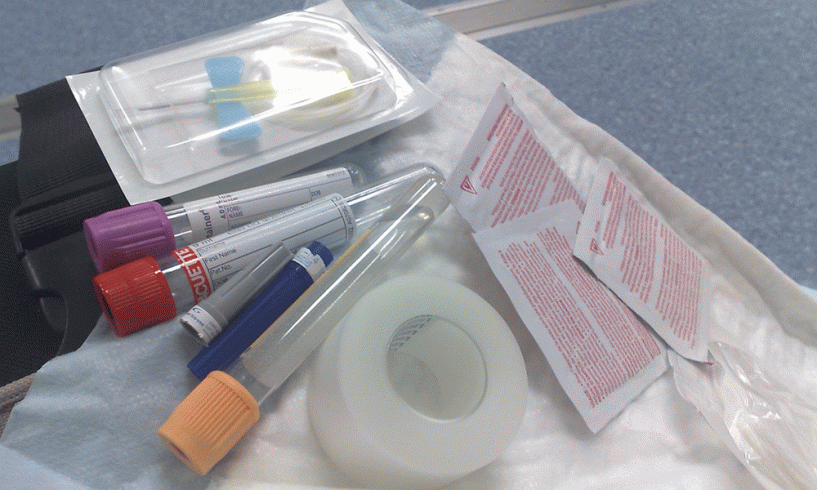A new list of evidence-based recommendations from the American Society of Hematology (ASH) helps patients and providers understand which hematology-related tests and treatments pose significant harm and cost if overused and therefore should be avoided. Using systematic reviews and expert opinion, ASH offered recommendations on the following five common tests and treatments.
- When transfusion of red blood cells is indicated, use the minimum number of units needed to relieve symptoms and achieve the goal in stable, noncardiac patients with a hemoglobin of 7–8 g/dl.
- Testing for thrombophilia in adult patients with venous thromboembolism is not indicated in the setting of surgery, trauma or prolonged immobility.
- The routine use of inferior vena cava filters in patients with acute venous thromboembolism is discouraged.
- Fresh frozen plasma or prothrombin complex concentrates should not be used to reverse vitamin K antagonists other than for major bleeding, intracranial hemorrhage, or anticipated emergency surgery.
- In asymptomatic patients following curative-intent treatment for aggressive lymphoma, limit the use of computed tomography scans.
The list of recommendations from the ASH is part of Choosing Wisely, an initiative to help healthcare providers and patients engage in conversations to reduce overuse of tests and procedures. The initiative was created by the ABIM Foundation, a non-profit foundation established by the American Board of Internal Medicine. Additional patient-friendly information in both English and Spanish on these tests and other tests is also available.
According to the authors, hematology is a specialty with many new and increasingly expensive tests and treatments, which may represent important advances but also have the potential to pose significant harm and cost to patients if misused or overused.






